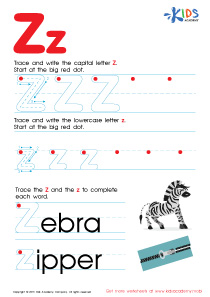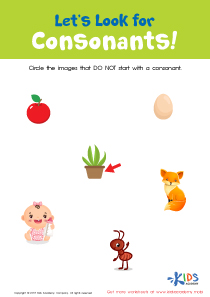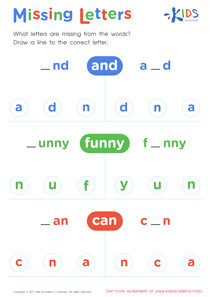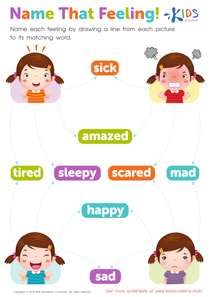Alphabet Recognition Extra Challenge Alphabet Worksheets for Ages 3-5
4 filtered results
-
From - To
Welcome to our "Alphabet Recognition Extra Challenge Alphabet Worksheets for Ages 3-5"! Designed to enrich young learners' understanding of letters, these engaging worksheets provide an extra layer of challenge to enhance alphabet recognition. Ideal for preschoolers and kindergarteners, these activities combine fun illustrations with cognitive tasks, helping children identify letters, both uppercase and lowercase. Spark your child's curiosity through various interactive exercises, including tracing, matching, and coloring, all aimed at strengthening letter recognition skills. With a perfect blend of challenge and fun, these worksheets support early literacy development and pave the way for a strong educational foundation. Let's make learning enjoyable!


Letter A Tracing Page
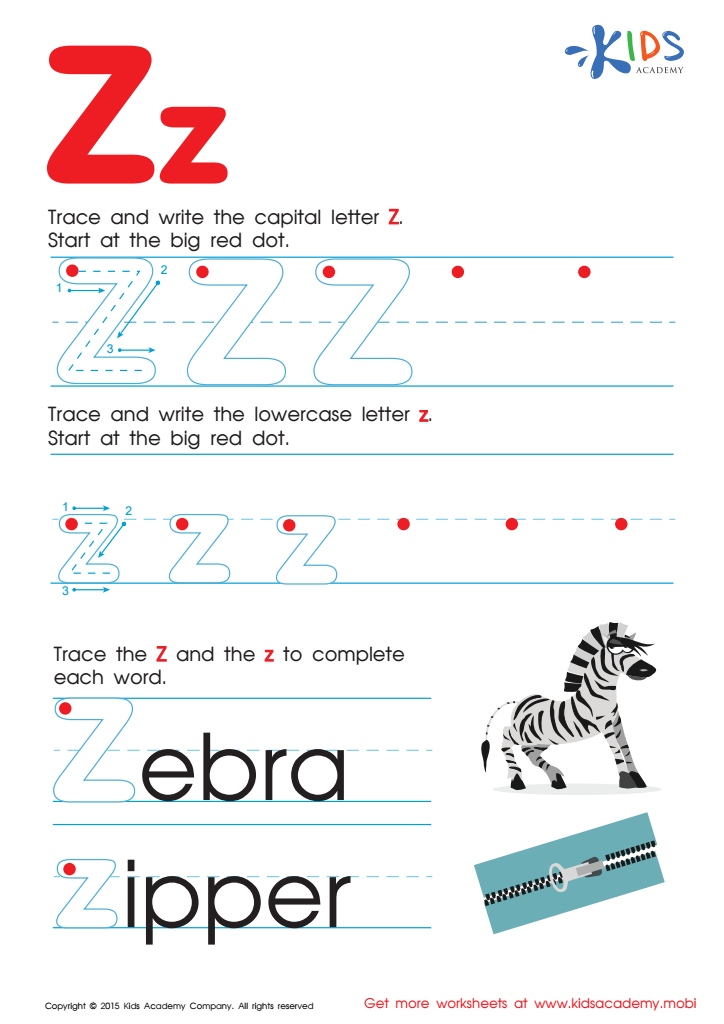

Letter Z Tracing Page
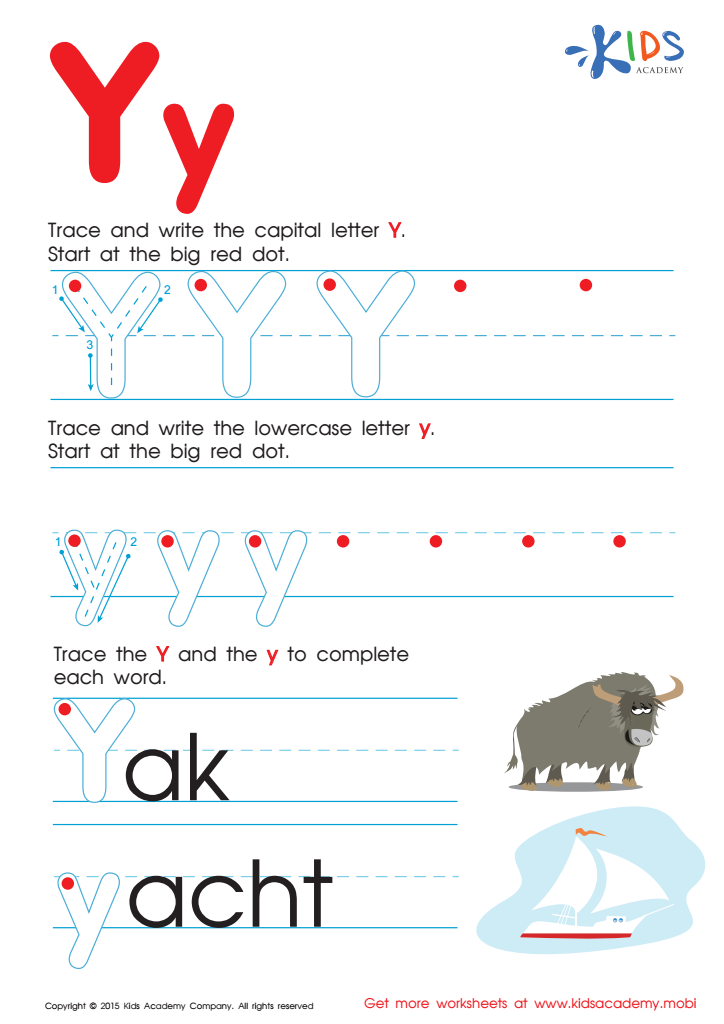

Letter Y Tracing Page
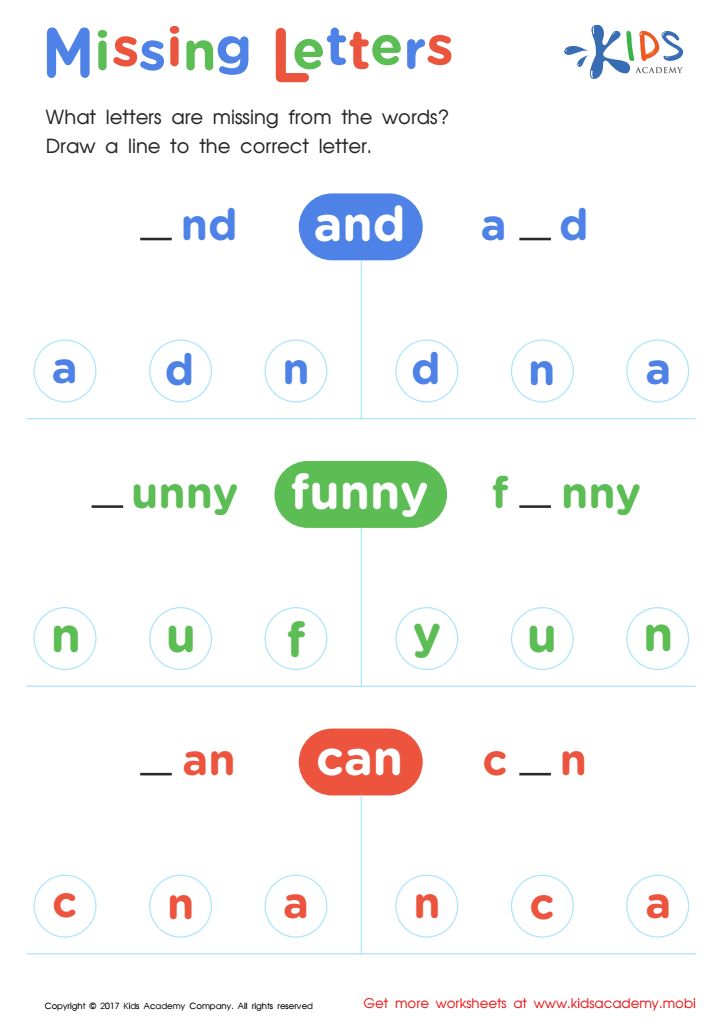

Missing Letters Worksheet
Alphabet Recognition is a crucial foundational skill for young learners aged 3-5. As children navigate their early educational journey, recognizing letters shapes their literacy development, paving the way for reading and writing proficiency later on. The "Extra Challenge Alphabet" program not only emphasizes letter recognition but also fosters enhanced cognitive skills through interactive and engaging activities tailored for young minds.
Parents and teachers should prioritize this program because it offers an effective, age-appropriate means to augment traditional learning. By incorporating fun and challenging exercises, children become more enthusiastic about letters, boosting their confidence and motivation. This early exposure can lead to increased language skills, richer vocabulary, and superior comprehension.
Moreover, strong alphabet recognition skills correlate with enhanced overall academic performance. Early mastering of letters provides children with the necessary tools to decode words and comprehend texts in the future.
By supporting initiatives like the Extra Challenge Alphabet, parents and teachers contribute to creating a solid groundwork for lifelong learning. Investing time and resources in producing confident and capable early learners ultimately benefits the entire educational ecosystem. Thus, promoting good practices in alphabet recognition sets children up for success across all subject areas as they progress through schooling.
 Assign to My Students
Assign to My Students










